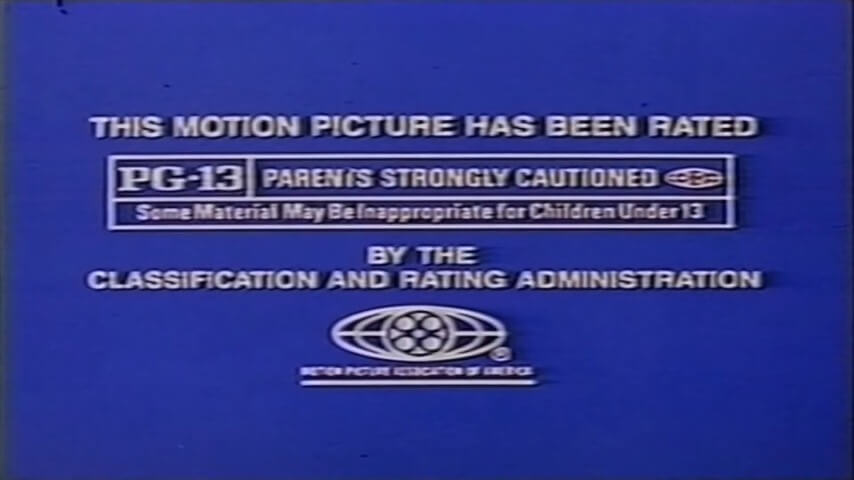Specifically, the group has now (per Variety) issued a cease and desist order to Meta, ordering that it stop using “PG-13” as a way to describe its new teen-focused accounts. “The MPA has worked for decades to earn the public’s trust in its rating system,” the letter, sent late in October, asserts. “Any dissatisfaction with Meta’s automated classification will inevitably cause the public to question the integrity of the MPA’s rating system.”
The issue here points back to a Meta Blog post from mid-October, when the company explicitly used the MPA’s rating structure as a benchmark for what would, and would not, be allowed on its newly deployed teen accounts. “Teens will see content on Instagram that’s similar to what they’d see in a PG-13 movie,” the blog’s writer asserted, apparently not cluing in to the idea that the whole concept of “PG-13” remains owned by a non-profit corporation that’s extremely vigorous in pursuing and protecting its trademarks.
Among other things, the MPA sounds pissed that its own rating and curation work might end up getting smooshed together in the public consciousness with what Meta’s doing, work that is likely to rely heavily on automation. “Meta’s attempts to restrict teen content literally cannot be ‘guided by’ or ‘aligned with’ the MPA’s PG-13 movie rating because Meta does not follow [the MPA’s] curated process,” the letter notes. “Instead, Meta’s content restrictions appear to rely heavily on artificial intelligence or other automated technology measures.”
For its part, Meta has popped back with the response that typically crops up in these sorts of conversations about how trademarked materials get genericized, i.e., that obviously it wasn’t trying to claim that content would actually be PG-13-rated, and that it’s just a shorthand for a set of restrictions that most Americans are fairly familiar with. (Noting that it used “publicly available PG-13 standards” to set the new guidelines.) None of which seems likely to mollify the MPA, which knows better than most that you have to nip these kinds of things in the bud, lest you find yourself having to take an aspirin after weeping too hard into your Jell-O over having your trademark get genericized out from under you.









































